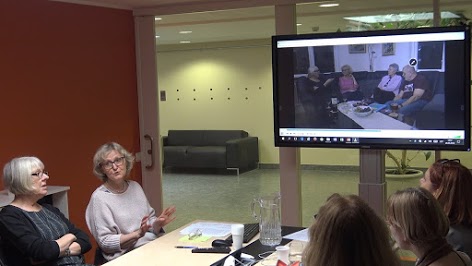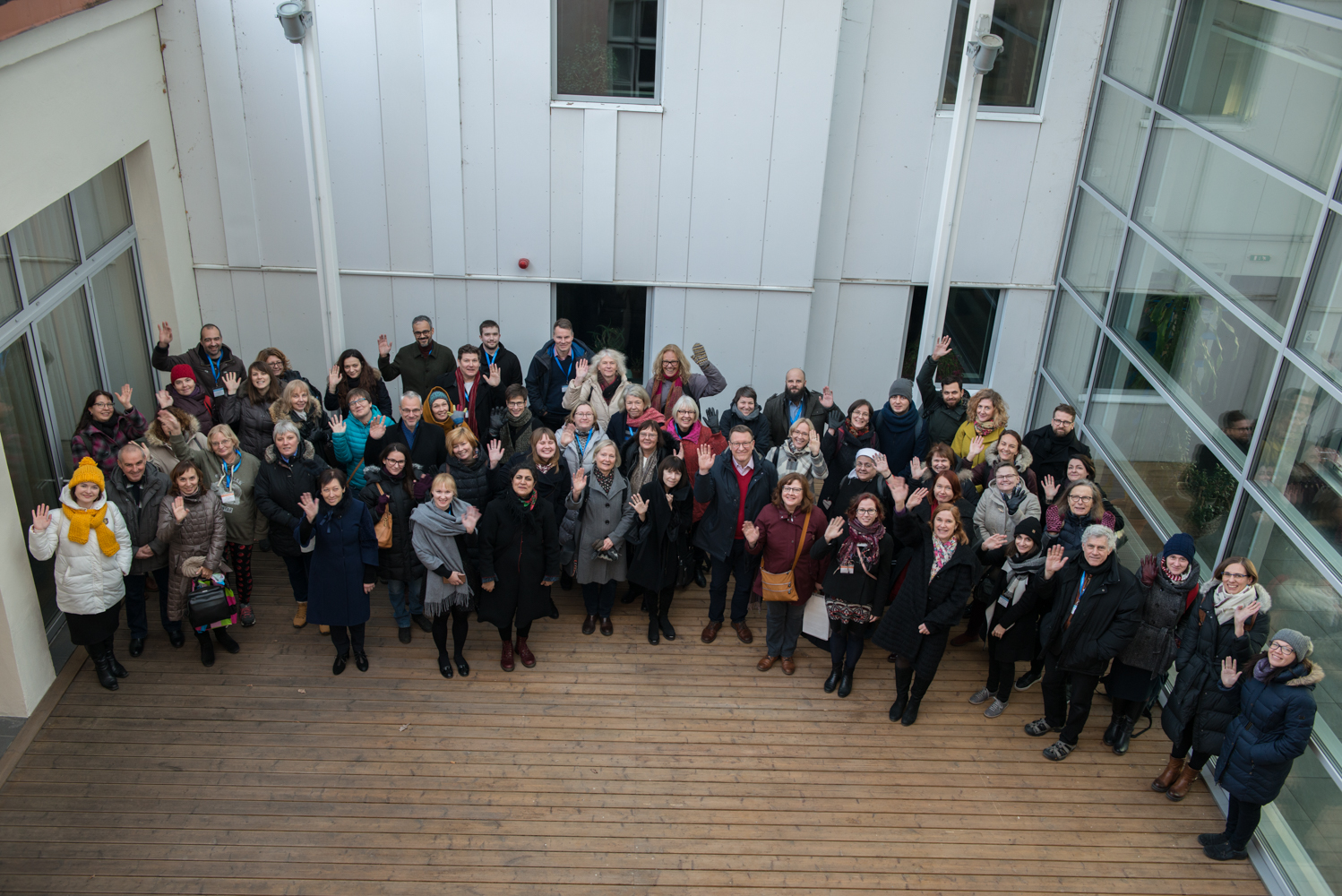«It seems to me that I have two homes»: Latvian Emigrants’ Narratives about Integration in Swedish Society
Abstract
Cross-border migration is an important life event that significantly changes the lives of migrants. Life stories give opportunities to follow this process from the point of view of the social actor. Oral history research is used in migration studies that research inclusion or dissociation of the individual in the host country in order to understand the strategies, motivations, and processes that encourage or hinder it. After World War II, around 4,500 people moved from Latvia to Sweden. Researchers have traditionally called this wave of emigration ‘exile’, respecting the label adopted by the migrants themselves and emphasising the forcible and massive nature of the exodus of Latvian people fleeing the re-occupation of Latvia by the Soviet Union. The second wave of emigration to Sweden began following the Restoration of Independence of Latvia in 1991 and continues to this day. This emigration is not caused and encouraged solely by decisions of certain individuals. At the same time, it falls into bigger processes characterised by the economic instability in Latvia and the mobility encouraged by globalisation. The collection of the Latvian National Oral History (NOH) consists of over 4,500 life story interviews, including interviews with expatriates emigrating to Sweden after the Second World War and with those emigrating after the restoration of independence. The Latvian NOH collection is also an important resource in migration research. The authors of this report will focus on a study of adaptation strategies used by migrants when joining the host country (Sweden), using the analysis of oral history interviews as the basis of their research. They will compare two waves of migration from Latvia to Sweden: (1) after the Second World War and (2) after the Restoration of Independence of Latvia in 1991. The following aspects will be analysed: options and opportunities for integration into the host country and the conditions for promoting or delaying these processes, loyalty to the country of origin and to the host country, and the need to maintain an ethnic identity.
 Konferences dalībnieku kopīgā fotogrāfija Tartu Literatūras muzejā.
Konferences dalībnieku kopīgā fotogrāfija Tartu Literatūras muzejā.
